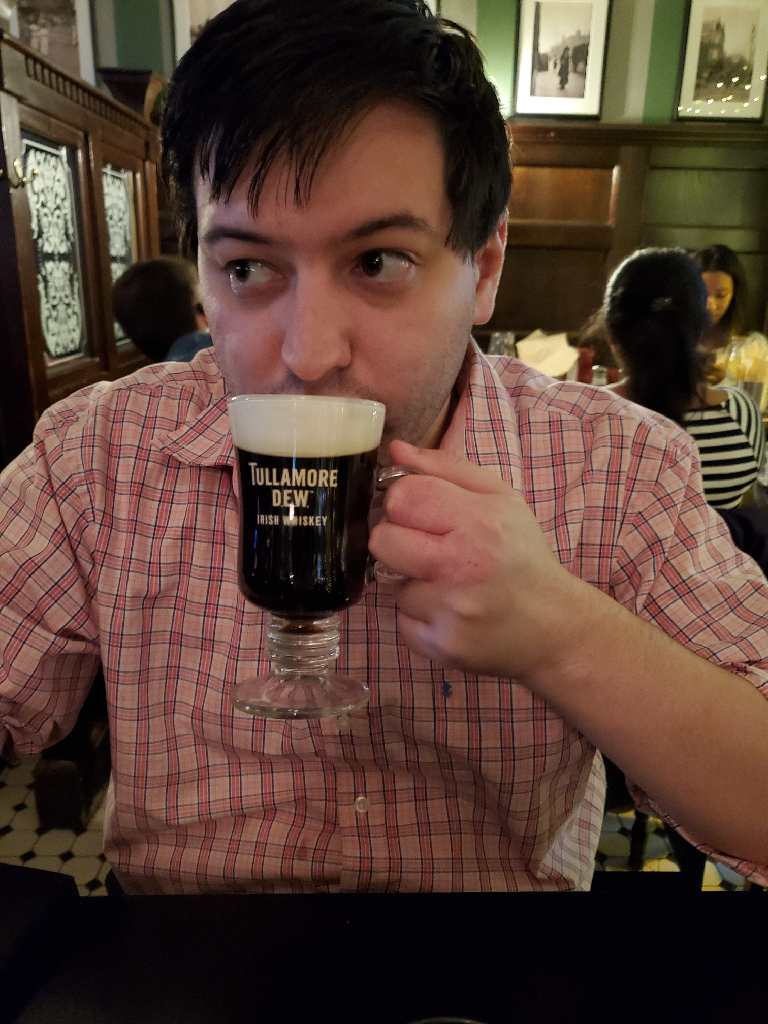Daily Debate: What Elements of Zelda Games Do You Value Most When Assessing Their Quality?
Posted on November 15 2020 by Mike Midwood

My favorite aspect of being involved in the Zelda community is swapping opinions with other fans on the merits of the series’ many entries. Sharing my thoughts and listening to the thoughts of others has deepened my appreciation for the series and caused me to reevaluate my view of certain games within it. What has intrigued me the most is the reasons given for loving Zelda titles that I’m not as hot on or being relatively mum on some of my favorites. For many of these games, there is little to no disagreement on what their strengths and weaknesses actually are. Rather, it’s a matter of value; which categories receive more weight when determining some of our favorite Zelda games?
Skyward Sword is perhaps the most divisive game in the series, frequently appearing at either the top or bottom of personal rankings. While there’s much debate over the motion controls and repeat bosses, it is generally agreed that one of Zelda’s best narratives takes place in this airborne adventure. Love or despise the game, it is difficult to argue that drama and characterization don’t peak for the series in Skyward Sword. For many people, this propels it to the top of their Zelda pantheon. For many others, myself included, it’s a virtual non-factor when evaluating the game’s overall quality. If Skyward Sword contained the greatest narrative in the history of human storytelling, it would barely move the needle. In the eyes of many, it still wouldn’t make up for the game’s paltry side content, empty sky, and in fact contributes to the snail’s pace the game moves along at. I don’t think I’m alone in saying that I’d be just fine if Skyward Sword had no story and a couple dozen fewer interruptions.
Standing in contrast is A Link to the Past, a game I did not know it was possible to have anything less than a glowing opinion of. Even if it isn’t an absolute favorite, many fans hold it in the highest regard because of its foundational status in the series. A full compliment of challenging dungeons and an interesting, interconnected overworld give it top marks for many in some of the most important categories of evaluation. That said, few would argue that A Link to the Past has a deep, riveting narrative, or much of a narrative at all. Most of it is contained in the manual and an opening cutscene. While the game is in motion the players actions are really all there is, with story details happening in the background. That’s just how I like it and the same is true for many others. Dungeon and world design reign supreme when I’m evaluating a Zelda title, but many feel as though a consistent, engaging story is integral. For them, the lack of characterization and explicit storytelling is a bug, not a feature.
There are many other aspects of Zelda that can be evaluated such as the music, the visual presentation, the tone, or the items. Which element of a do you care the most about when determining your opinion of a given Zelda game? Let us know in the comments below!

Hi, I’m Mike Midwood and I’m a Senior Editor at ZeldaDungeon! Video games and literature are my greatest joys in life. An avid Zelda fan, some of my other favorite games include the Resident Evil and Dark Souls series. I hope you enjoy my content here on ZeldaDungeon!
“The sword has no strength unless the hand that holds it has courage.”



